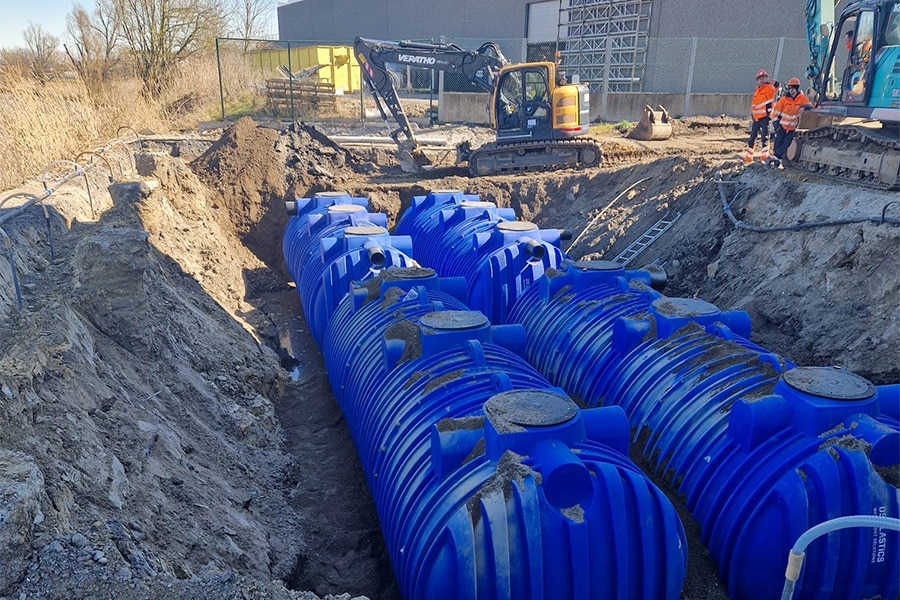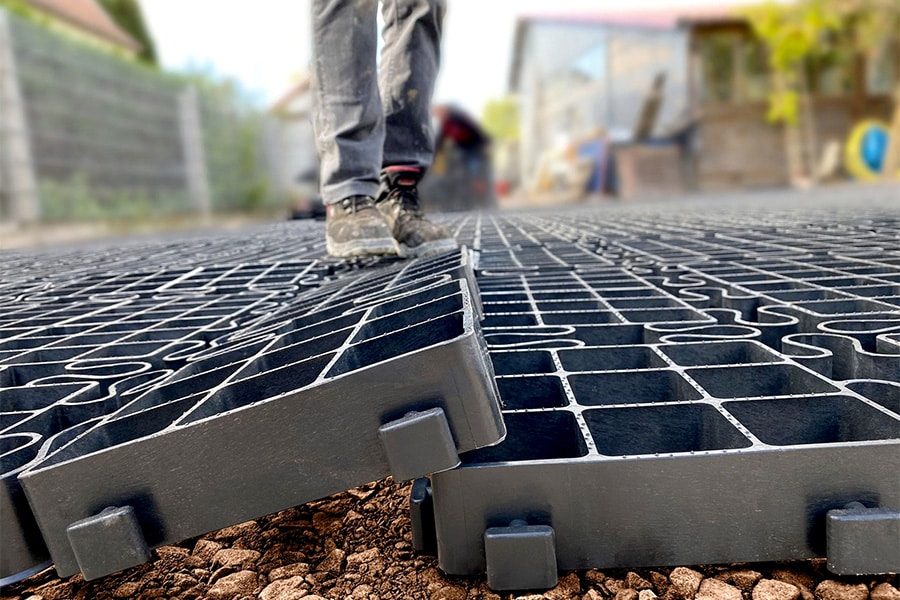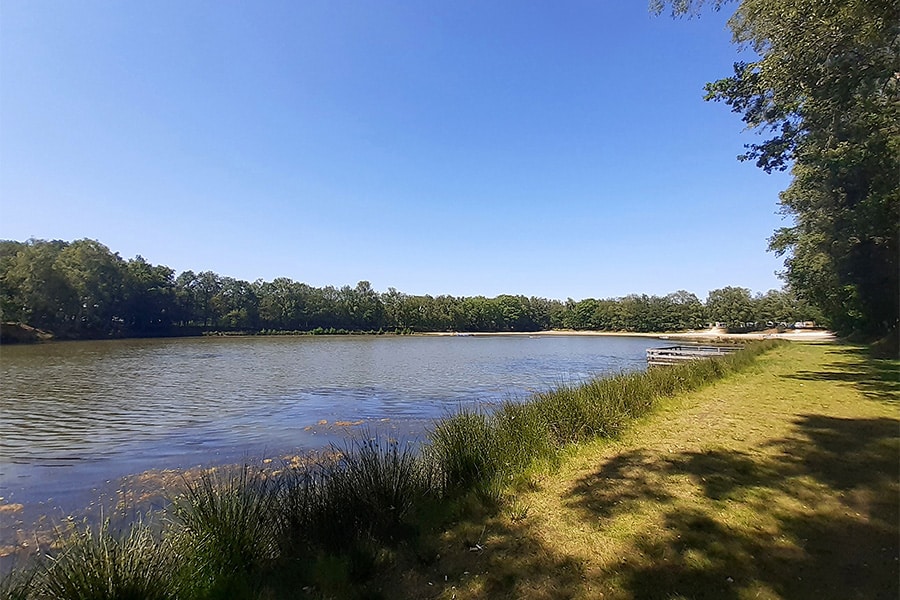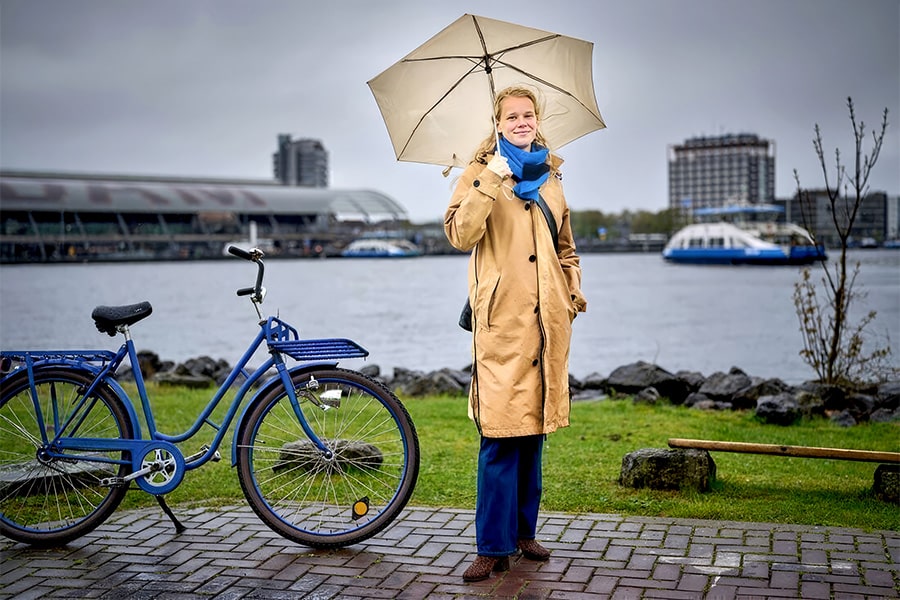
Safety experts high up in hierarchy at A9 widening project
Construction consortium VeenIX is widening the A9 between Badhoevedorp and Holendrecht on behalf of Rijkswaterstaat. An extensive project, some of which will also pass right through the built-up area. No wonder so much attention is being paid to the topic of safety. The safety experts, some of whom are seconded from Aboma, are even hierarchically positioned next to those with final responsibility for execution.
The widening of the A9 between Badhoevedorp and Holendrecht is divided into three geographical subareas: east, middle and west. "An H&S coordinator has been appointed for each subarea," says Gerrit Schulting, Health, Safety and Environment (HSE) Manager at Veenix. "Unlike in other infrastructure projects in our country so far, we deliberately chose to have this role performed by a safety expert who is hierarchically next to the person with final responsibility in execution. Everything that happens outside goes over the desk of the H&S coordinator."

Posting Counter
The safety experts working on the A9 project have been seconded through Aboma's secondment counter, among others. In addition to the familiar consultancy, testing and certification services, Aboma, in cooperation with regular partner Wilgh, has for some time been providing the secondment of safety experts in the construction industry. In this way, companies or construction combinations such as VeenIX can make use of Aboma's safety expert expertise on a temporary basis. The safety experts are familiar with the construction industry and use the usual Aboma way of working. Sebastiaan Vos is one of them and works as a safety expert within Gerrit's HSE team in sub-area West. "We work together as a close-knit team," Sebastiaan notes. "We pick up safety issues immediately, set the right actions and ensure that the situation is resolved as quickly as possible. In this way, we facilitate and support execution to the maximum."
PRIE session
It is a highly complex project with many interfaces. Since October 1, the Schiphol Bridge can no longer be operated. In the coming months, the northern halyard - the bridge valve - will be replaced by a new, wider halyard, including all moving parts. This winter and during the spring of 2024 an enormous amount has to be done and many parties are working simultaneously. To manage this, the PRIE system, the Project Risk Inventory & Evaluation, is being used. "Again, this is different from other projects so far," Gerrit knows. "Instead of an H&S plan with the usual risk inventory, we require subcontractors to submit an H&S and work plan. The work plan does not include safety measures, because we specifically agree those in the PRIE session. Think of it as a dynamic part of the H&S plan. In fact, in it we determine the special measures together with the subcontractors, and then slap them together with Rijkswaterstaat."



